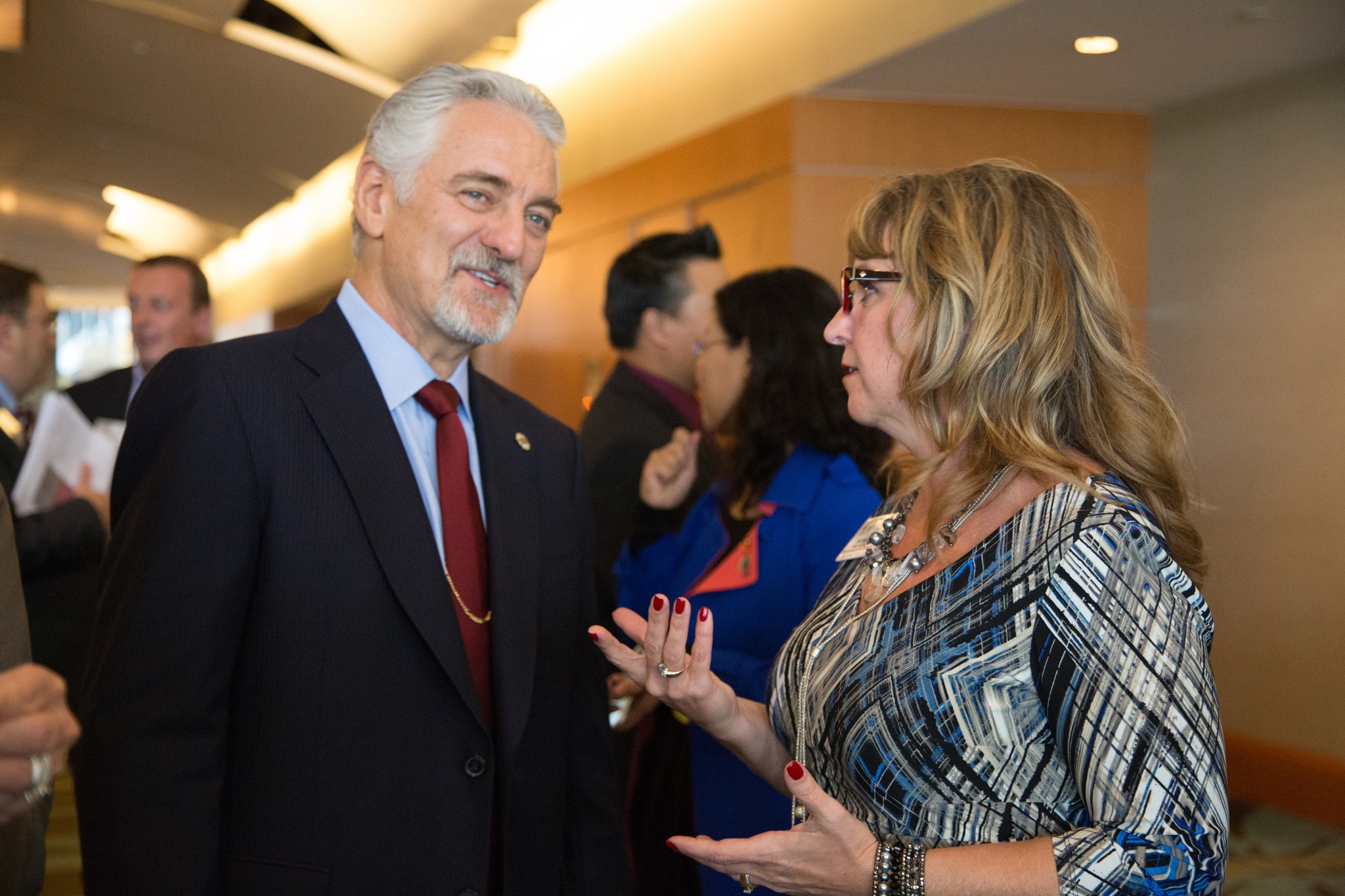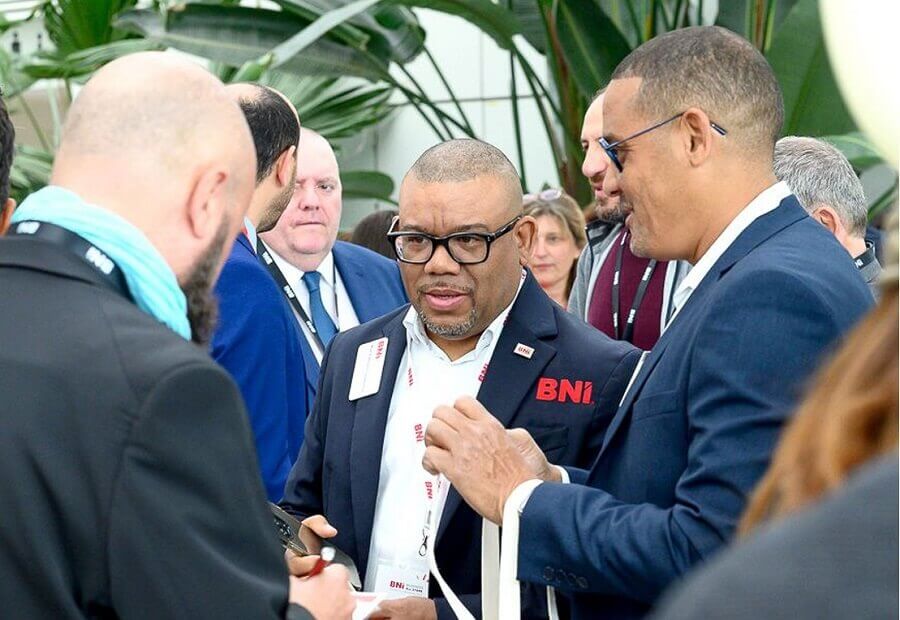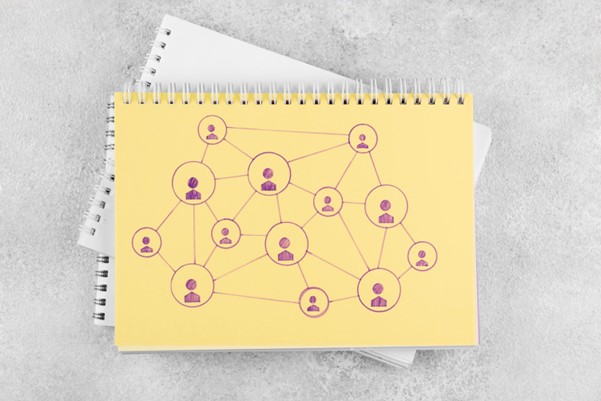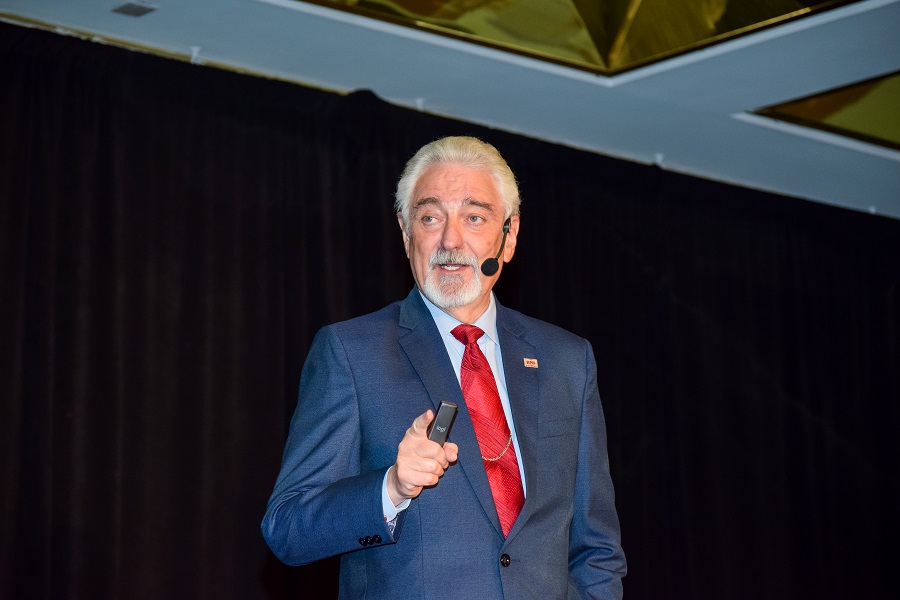Many people offer advice about what it takes to be good at networking (myself amongst them). One thing that is left out of that equation however, is what the average person thinks about what it takes to be a better networker. Networking involves interacting with others so what do “they” think it takes to be great at this? This is important because we all need to be cognizant of other people’s expectations and adjust our behavior accordingly if we want to make the kind of impression that will work to build a powerful personal network.
Recently, I took the opportunity to gather almost 3,400 survey responses from business people around the world. I gave them a list of roughly 20 different characteristics on networking and I asked them to pick the top behaviors they’d like to see in a great networker. From those responses, I have identified the top seven characteristics of what people believe makes a great networker. Here are those seven characteristics in order of importance according to the survey respondents.

- Good Listener. At the top of the list is being a good listener. Our success in networking depends on how well we can listen and learn. The faster you and your networking partner learn what you need to know about each other, the faster you’ll establish a valuable relationship.
A good networker has two ears and one mouth, and should use them both proportionately. Listen to people’s needs and concerns and find opportunities to help them. You can’t help others if you don’t know what they need, and you find that out by listening. In many ways, networking is about connecting the dots, but to do that you have to listen so that you can help people make the connections they are looking for. - Positive attitude. The first thing that people see from you is your attitude, or how you generally take things. A consistently negative attitude makes people dislike you and drives away referrals; a positive attitude makes people want to associate and cooperate with you. Positive business professionals are like magnets. Others want to be around them and will send their friends and family to them.
- Helps Others/Collaborative. People don’t care how much you know until they know how much you care. Helping people shows that you care. One survey respondent said that “people want to network with individuals who have a collaborative attitude.” Helping others can be done in a variety of ways, from clipping a helpful article and e-mailing it to someone, to putting them in touch with a person who can help them with a specific challenge.
Several respondents commented about not wanting to network with people who are “in it for themselves.” A willingness to collaborate and help others is essential as it builds trust and helps establish a strong relationship. - Trustworthy. One respondent said best when she said: “it doesn’t matter how successful the person is, if I don’t trust them, I don’t work with them.” When you refer someone you are putting your reputation on the line. You have to be able to trust your referral partner and be trusted in return. Neither you nor anyone else will refer a contact to someone who can’t be trusted to handle it well.
- Approachable. One respondent said that people “will forget what you said and what you did, but they will never forget how you made them feel.” Effective networking starts with approachability – everything else listed above follows from this.
- Sincere/Authentic. You can offer the help, the thanks, the listening ear, but if you are not sincerely interested in the other person, they will know it! Those who have developed successful networking skills convey their sincerity at every turn. One respondent stated that “it’s all about the authenticity” that someone shows you. We have all seen people who are seemingly good at networking but lack sincerity. Faking it isn’t sustainable.
- Follows Up. If you offer opportunities, whether a simple piece of information, a special contact, or a qualified business referral, to someone who consistently fails to follow up, you’ll soon stop wasting your time with this person. One respondent said that when it comes to networking, “the fortune lies in the follow up” and many people just “don’t follow up anymore.”
Each one of the characteristics above tie into the notion of “farming” and not “hunting.” It’s about building mutually beneficial business relationships. Only then will you succeed in creating a powerful, personal network.
As a young man I studied under Warren Bennis, who was at the time, the world’s leading expert on leadership. He taught me that understanding the “characteristics” of a great leader is important. However, what is even more important, is understanding how to apply those characteristics. He told me; “know what you are good at and work to enhance those skills. Know what you’re not good at and surround yourself with people who can help you improve those skills.”
As with leadership, I believe that networking skills are very important. What’s even more important however, is working to improve them and learning how to use them effectively. That’s what really counts.
Called the “father of modern networking” by CNN, Dr. Ivan Misner is a New York Times bestselling author. He is the Founder and Chief Visionary Officer of BNI (www.bni.com), the world’s largest business networking organization. His books can be can be viewed at www.IvanMisner.com.






